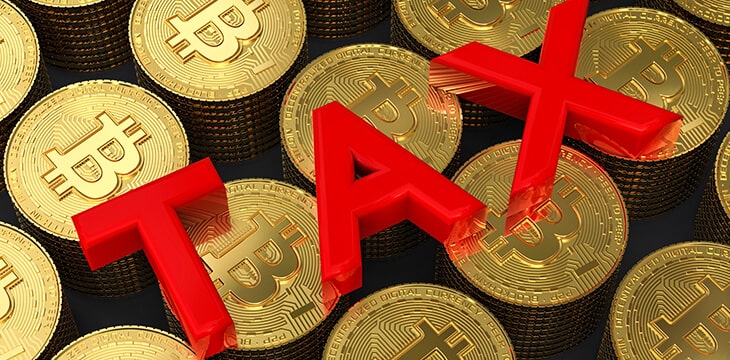|
Getting your Trinity Audio player ready...
|
U.S. Congressional Democrats are pushing to close a digital currency tax loophole, in a move that would go part way towards raising money for their new $3.5 trillion spending package.
House Democrats are looking to raise $2 trillion in funds for the spending package from tax rises, with some $16 billion earmarked to come from the digital currency sector via the tightening up of measures.
The proposals would see digital currency assets, as well as a range of other assets added to the wash-sale rule, which would bring more transactions within the scope of tax.
Currently, digital currency traders can claim deductions for losses in the value of their holdings, and with different treatment from stock investments, this can be done instantaneously. So traders can sell their holdings at a loss, and buy back immediately at a lower price, therefore booking themselves a deduction to use against capital gains.
With stocks, these types of practices require a 30-day period before any deductions can be claimed and offset, which eliminates or greatly reduces these types of behaviors. However, because digital currency is not yet treated as stocks for tax purposes, no such rules apply.
The Democrats proposals would equalize this treatment, bringing many more digital disposals onto the table as taxable events. The proposals have not been immediately ruled out by industry with commentators broadly accepting of the measures.
In any event, they are seen as preferable to the sweeping tax changes in the Senate infrastructure bill, which would require a whole host of ancillary digital currency businesses to file 1099 forms of millions of anonymous digital currency transactions, in a move branded widely across the industry as wholly unworkable.
While the Biden administration has reportedly said the law would not apply to non-custodial actors such as software companies and miners, there is still some debate as to how the bill is drafted and what this could mean for the wider sector.
The bill is expected to pass without further amendment and is therefore set to become law in the U.S. in due course. However, the digital currency industry remains concerned about the impact this could have on the sector, with government eyes firmly on extracting maximum revenue.
The measures clash with digital currencies like BTC on a more fundamental level, with many proponents of the digital currency suggesting governments are unable or unwilling to bring this level of regulation to bitcoin. However, with the bill set to be passed into law, it looks as though these views may falter under the first test of scrutiny.
While news of the Infrastructure bill has sent many in the digital sector into meltdown, the BSV enterprise blockchain stands unaffected as a protocol. BSV was built from the ground up to be wholly compliant with the law and is responsive enough to change and develop as required against a changing legislative backdrop.
Developers, transaction processors, and everyone else working within the Bitcoin SV ecosystem do so in the knowledge that the law as it stands now and as it could be tomorrow are an imperative part of creating a blockchain that works for enterprise use cases at a mass global scale. There is no reliance on digital currency prices moving up or down, or on dubious tax breaks.
While speculators with digital currencies like BTC are in panic about these pending tax changes and what they could mean for their ecosystems, it is the infrastructural basis of Bitcoin SV that makes it immune to these concerns. Irrespective of the tax treatment on digital currency transactions, Bitcoin SV remains as a stable blockchain environment for building and developing mass scale data solutions.
Watch: CoinGeek Zurich presentation, BSV Blockchain: Ignite the Power of Data

 03-04-2026
03-04-2026 




